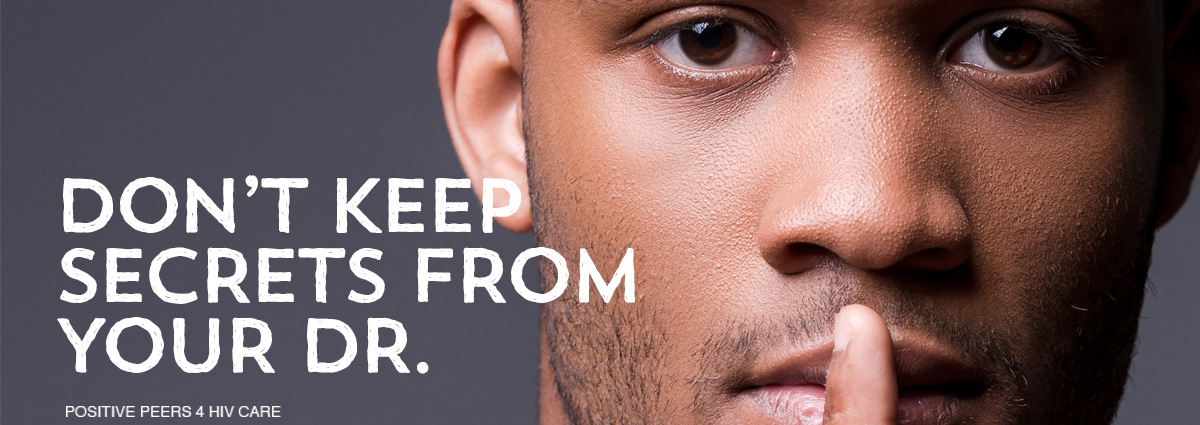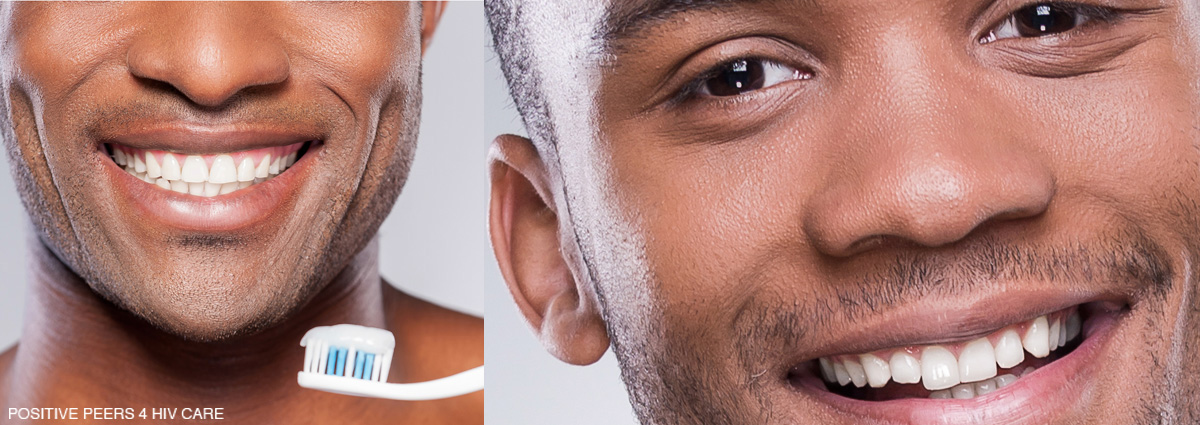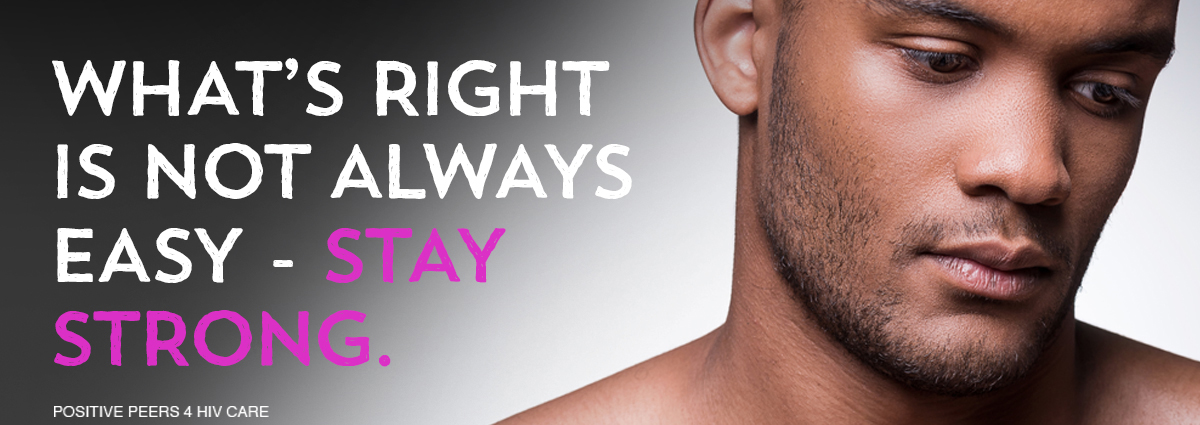
By: Jennifer McMillen Smith, LISW-S, HIV Social Worker at MetroHealth Medical Center and medically reviewed by Ann K. Avery, MD, Infectious Disease Physician at MetroHealth Medical Center
It’s best for your health if all your doctors know your HIV status.
Your dentist can look for signs of trouble that show up first in the mouth. Your dermatologist can talk to you about skin conditions caused by HIV or possible drug side effects. Specialists in blood, bodily organs, the nervous system and the digestive tract, to name a few, have been trained to understand how HIV affects their patients.
All medical professionals have the same training for dealing with people who have blood disorders of any kind. They should not treat you any differently than they do anybody else (though once in a while, you might encounter a not-so-professional professional; more on this further down in this article).
Dental care

The tissues in the gums are very sensitive and tend to bleed easily if anything is wrong. Sores related to HIV can signal more serious problems.
Your dentist is trained to look for any conditions in the mouth that might point to HIV-related complications. Keeping the mouth and gums healthy is especially important for people with HIV, so make a point of seeing your dentist regularly and getting regular cleanings (usually every 6 months).
When you go to the dentist, bring:
- Dental X-rays, if you’ve had them taken recently.
- A list of all the medications you’re taking.
- A general medical history explaining any major illnesses and injuries, and conditions you’ve had since birth.
Be sure to come to the dentist’s office early to give you time to fill out all the proper forms. It’s also a good idea to ask your dentist what you need to bring when you make your appointment.
Come join our private, stigma-free, supportive community.
Health management tools with medication & appointment reminders.
Social networking in a community conversation & private chats.
Skin care
Skin lesions, rashes and other conditions are sometimes experienced by people with HIV. Sometimes the virus causes the issues, and sometimes drug side effects are to blame.
When you go to the dermatologist you’ll need most of the same information you’ll take to the dentist (except for the dental X-rays). You’ll also need to keep track of the status and progress of any skin conditions that you’ve noticed.
It’s best to talk to your primary HIV doctor first about any skin conditions that crop up. Many conditions are so common that your HIV specialist can treat them, but you may need more help if you’re showing rare symptoms that require a skin expert’s knowledge.
One precaution to keep in mind

Disclosing HIV to doctors and other medical professionals who aren’t HIV-specialists isn’t always an ideal experience. If you talk to people who’ve been diagnosed HIV positive, you might hear a story like this:
“So I had to go to a different doctor because I had the flu over the weekend. As soon as they heard about my status, the whole office freaked. They put on extra rubber gloves and asked a bunch of questions that had zero to do with the flu.”
So yeah, this happens once in a while: You go to the doctor expecting people to help you and they make you feel singled out and judged. It’s not that they mean you any harm; it’s just part of the HIV stigma that’s still hanging around.
If this happens to you, talk it over with your HIV social workers, support group, or trusted friends and get some solid advice on the best way to deal with it. Often you can report a negative experience to a Client’s Rights Officer or Office of Patient Experience. Healthcare organizations as a whole want their patients to feel well taken care of and respected, so they will educate and/or discipline employees who stigmatize others.
Education and awareness can help overcome HIV stigma — but you shouldn’t have to educate everybody yourself. It’s not a struggle you have to take on alone.
Positive Peers is made possible through a U.S. Department of Health and Human Services Health Resources and Services Administration, HIV/AIDS Bureau Special Projects of National Significance (SPNS) Grant to The MetroHealth System. Click here for more information about the SPNS grant initiative.
Positive Peers is a private app for young people living with HIV. Learn how you can earn rewards for your participation.
